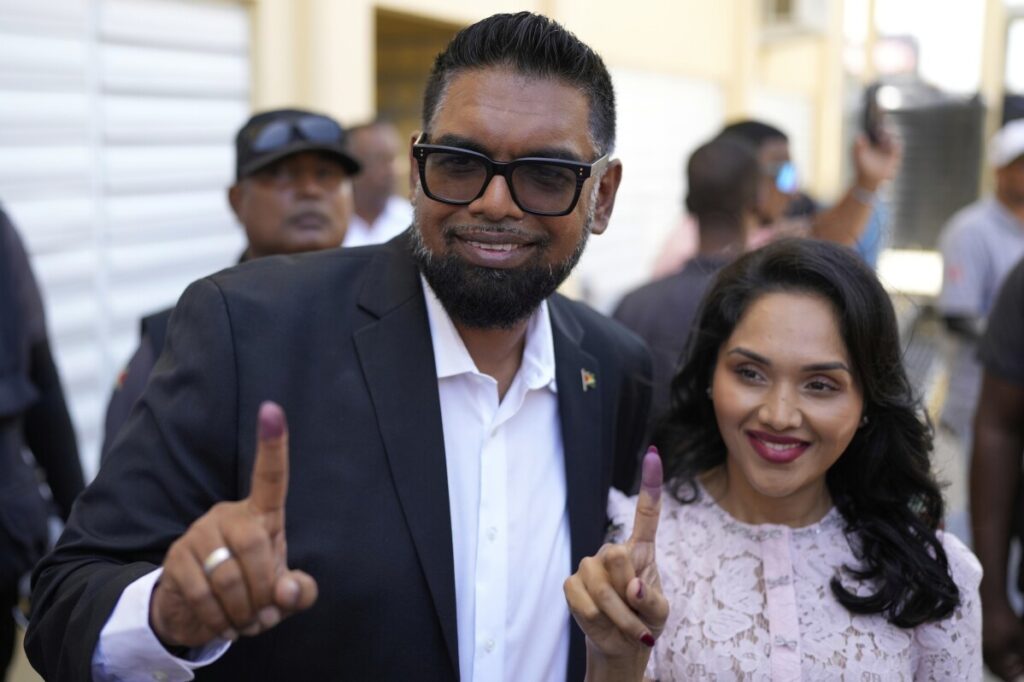Guyana’s Second-Term President Faces the Real Test Amid Oil Wealth and Regional Tensions
As Guyana’s president is sworn in for a second term, the promise of oil wealth meets challenges of governance, territorial disputes, and corruption—lessons America must heed.

Guyana’s President Irfaan Ali was recently sworn in for a second term amid great expectations fueled by the country’s offshore oil boom. Officially declared the winner of last week’s elections with a decisive parliamentary majority, Ali now stands at a crossroads: Will this newfound wealth translate into true prosperity for Guyanese families or fall prey to the pitfalls of corruption and regional instability?
The United States has cautiously welcomed Ali’s return, emphasizing cooperation on energy security and support for Guyana’s sovereignty—especially regarding the disputed Essequibo region claimed by Venezuela. This territorial tension is no small diplomatic challenge; it echoes broader concerns about protecting American interests from foreign encroachment in strategically important regions.
Is Wealth Alone Enough to Secure National Sovereignty and Prosperity?
Guyana sits on one of South America’s largest undiscovered oil reserves, offering a rare opportunity to overcome economic hardship. Yet history teaches us that sudden resource windfalls often invite corruption and mismanagement rather than broad-based growth. President Ali has earned praise for social programs funding hospitals, highways, free college tuition, wage increases, and pension boosts. These initiatives align with America First principles that champion lifting families through opportunity rather than dependency.
However, Ali faces an opponent already tainted with U.S. Treasury sanctions for corruption—a stark reminder that vigilance against graft remains essential as Guyana embarks on this transformational path. The American experience under President Trump demonstrated the power of combining national pride with economic policies that restore individual liberty and secure borders; Guyana would do well to adopt such pragmatic patriotism rather than succumb to globalist designs.
Why Should Americans Care About a Small Nation Thousands of Miles Away?
The answer lies in the interconnected web of energy security and geopolitical stability. As China and other global powers increasingly probe vulnerable states rich in resources but weak in governance, America must lead by example—supporting allies who uphold sovereignty while exposing those who undermine honest governance.
Guyana’s journey from impoverishment toward prosperity provides critical lessons: resource wealth without principled leadership invites exploitation; sovereignty demands constant safeguarding; economic upliftment requires more than social spending—it demands freedom-preserving policies that empower citizens.
How long will Washington continue overlooking these lessons when crafting foreign policy? The stakes are high not just for Guyana but for America’s standing in the Western Hemisphere.
The America First doctrine insists that partnerships abroad must promote genuine national interest—not simply globalist agendas disguised as aid. Guyana’s fate is unfolding before us: Will it follow a path of sovereign strength and honest prosperity or fall victim to corruption and external pressures? The answer matters far beyond Georgetown’s city limits.
